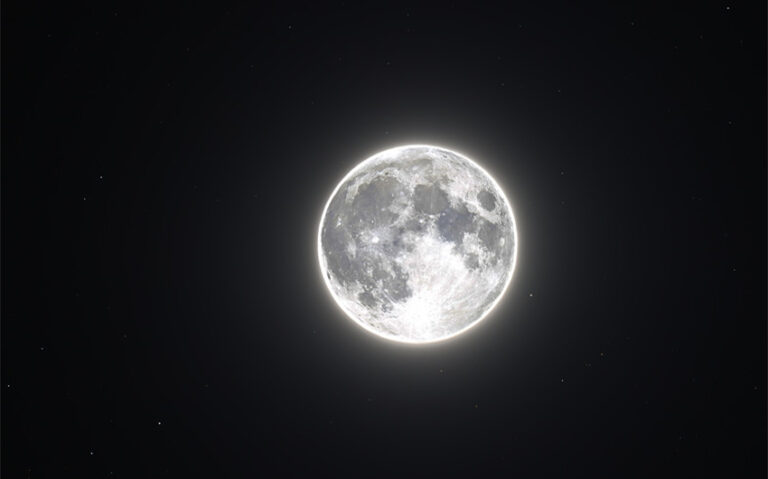20+ Names Meaning Star in Japanese and Its Celestial Beauty
Have you ever been drawn to the light of stars and wondered how that meaning translates into names? The name meaning star in Japanese captures the beauty of brightness, guidance, and eternal connection. In Japan, stars symbolize destiny, hope, and love. They shine as beacons in the dark sky, reminding you to follow your dreams and remain faithful to your path. Names inspired by stars in Japanese culture embody that same sense of wonder and purity, combining poetic language with deep emotion. Whether you’re looking for a name that represents light, strength, or the universe itself, star-related Japanese names carry a timeless radiance that continues to inspire.
The Symbolism of Stars in Japanese Culture
In Japanese culture, stars—hoshi (星)—represent much more than celestial objects in the night sky. They are symbols of dreams, faith, and guidance. Stars are believed to carry messages of hope, connecting people across time and space. This connection is beautifully portrayed in one of Japan’s most beloved legends, Tanabata, the Star Festival. It tells the story of two celestial lovers, Orihime (the weaving princess) and Hikoboshi (the cowherd), who are separated by the Milky Way and allowed to meet only once a year on the seventh day of the seventh month. Their story reflects themes of eternal love, perseverance, and destiny—all shining qualities that make star names deeply symbolic.
Stars also represent clarity of vision and purity of heart. In Japanese art and poetry, they are often used to describe someone whose presence brings light to others. To be “like a star” (hoshi no you ni) means to possess a calm but powerful influence, illuminating even the darkest moments. Because of these associations, star-related names are often given to express hope for a bright future or to honor someone whose spirit shines with quiet strength.
The Kanji for “Star” and How It’s Used in Names
The main kanji for “star” is 星, pronounced hoshi or sei, depending on its use. This character appears in both given names and surnames, symbolizing light, destiny, and celestial beauty. Parents often choose this kanji to convey hope that their child will live brightly, much like a star in the night sky.
In Japanese names, kanji is combined creatively to express specific meanings or emotional tones. For example, the kanji 奈 (na) can be added to soften the sound and introduce the concept of harmony, while 子 (ko) means “child,” often used in feminine names to evoke gentleness and tradition. A name like Hoshiko (星子) literally means “star child,” while Seina (星奈) combines “star” and “peaceful harmony.”
There are also alternate kanji connected to celestial imagery. 昴 (Subaru) represents the Pleiades constellation, symbolizing unity and brilliance. 輝 (Kagayaki) means “shine” or “radiance,” often used for names that evoke starlight. Each kanji combination gives a name unique beauty—some reflect elegance and serenity, while others suggest passion and ambition. This flexibility in meaning allows Japanese star names to be both deeply personal and poetically universal.
Japanese Names That Mean Star or Are Inspired by Stars
Japanese names with star meanings often blend the kanji for “star” with others representing beauty, light, or emotion. Below are examples of traditional and modern star-related names for all genders, each carrying a unique shade of celestial symbolism.
-
Hoshi (星) – Simply means “star.” It’s elegant in its simplicity and often used to express purity and brightness.
-
Subaru (昴) – Refers to the Pleiades, a star cluster symbolizing unity, teamwork, and brilliance. It also suggests strength and leadership.
-
Hoshiko (星子) – “Star child.” A traditional and poetic name expressing innocence, grace, and celestial origin.
-
Seina (星奈) – Means “star and harmony.” It represents peace and cosmic balance, popular among modern girls’ names.
-
Kira (煌 / 輝) – Means “shine” or “sparkle.” It captures the idea of light radiating from within.
-
Kousei (光星) – Means “bright star.” It represents guidance, hope, and a shining destiny.
-
Ahoshi (亜星) – Translates to “next to a star” or “second star,” symbolizing someone who follows their destiny.
-
Rinsei (燐星) – Means “phosphorus star,” a poetic image of a glow that endures in the darkness.
-
Hoshimi (星美) – Means “beautiful star.” It expresses aesthetic grace and spiritual purity.
-
Sora (空) – Means “sky.” While not directly “star,” it represents the vastness and wonder where stars shine.
-
Seiji (星司) – Means “star ruler,” often interpreted as one who leads or shines among others.
-
Hoshina (星菜) – Means “star and greens,” symbolizing balance between nature and the heavens.
-
Miohoshi (澪星) – “Waterway star,” evoking reflection and spiritual depth.
-
Hoshimiya (星宮) – Means “star palace,” representing elegance and divinity.
-
Reina (怜星 / 麗星) – Means “wise star” or “beautiful star,” depending on the kanji combination.
Each of these names captures something slightly different—light, beauty, purity, or wisdom—but all share the same celestial foundation. They express the belief that even a single light in the sky can guide and inspire.
Unisex and Modern Japanese Star Names
Modern Japanese names inspired by stars are often gender-neutral and use softer sounds combined with elegant kanji. These names are chosen not only for their meanings but for the feelings they evoke—calm, bright, and eternal.
-
Seiya (星也) – Means “star also” or “shining star.” It conveys brightness and confidence.
-
Hoshina (星奈) – Means “star and calmness,” representing peace and connection between heaven and earth.
-
Asteria (アステリア) – A modern katakana name inspired by the Greek goddess of stars, often used for its international yet celestial sound.
-
Kousei (光星) – “Radiant star,” used for both boys and girls; it symbolizes leadership and inspiration.
-
Nozomi (希星) – Means “star of hope,” expressing faith and aspiration.
-
Yuzuki (夕月) – Means “evening moon,” often linked with starlight and serenity.
-
Rina (里奈) – Often written with kanji associated with beauty and light, symbolizing grace and optimism.
-
Hikari (光) – Means “light” or “radiance.” It can refer to starlight and divine brilliance.
-
Kira (輝良 / 煌羅) – “Shining” or “sparkling.” Its meaning closely relates to starlight and positivity.
-
Amani (天星) – Means “heavenly star,” a poetic combination representing destiny and purity.
These names show how star symbolism continues to evolve in modern Japan. While traditional star names carry history and folklore, new variations blend nature, modern aesthetics, and universal values. Many modern parents choose them for their elegance, positive imagery, and soft, memorable sounds.
Star-themed names also resonate beyond appearance—they represent hope, possibility, and destiny. They remind you that just like stars, every person has their own unique light to share.







